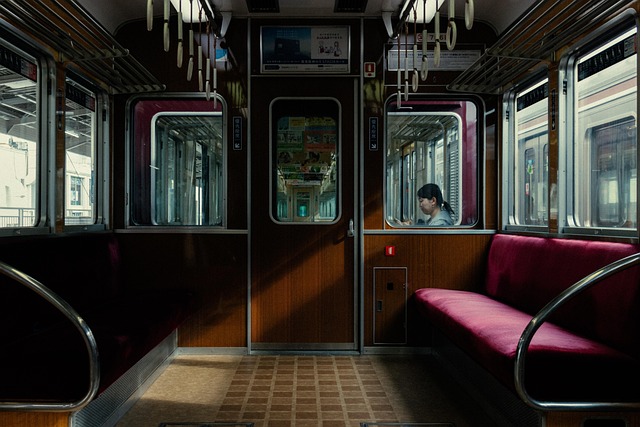Waiting is an experience that we all encounter, woven into the fabric of our everyday lives. Whether it’s waiting for a train, a loved one, or even a breakthrough moment, the act itself is a poignant reminder of our human condition. Through the lens of phenomenology, we can explore the depths of this seemingly mundane experience, uncovering how it shapes our perception and understanding of the world around us.
In the realm of science, waiting can be analyzed from various perspectives. Psychological studies delve into the emotional and physiological responses we have when we find ourselves in a state of anticipation. Research suggests that the brain reacts uniquely during waiting periods, triggering a complex interplay of anxiety, excitement, and impatience. Neuroscientists have found that our perceptions of time can warp during these moments, with waiting often feeling stretched and elongated. In essence, waiting not only tests our patience but alters our subjective experience of time itself.
Modern philosophy adds another layer to this exploration of waiting. Thinkers like Martin Heidegger and Emmanuel Levinas have engaged with concepts of time, existence, and the “Other,” inviting us to reflect on the deeper meanings embedded within the act of waiting. Heidegger, for instance, emphasizes the importance of being present in our experience of time. He posits that waiting can serve as a profound form of engagement with our surroundings, urging us to slow down and appreciate the moment rather than rush toward its conclusion.
Levinas, on the other hand, approaches waiting through the lens of ethics and the self in relation to others. Waiting for another person can evoke feelings of hope and anxiety, demanding a recognition of the responsibility we have towards those we are waiting for. In this sense, waiting becomes not just a passive act but an ethical engagement, where we confront our desires and expectations while affirming our connection to others.
Moreover, the experience of waiting challenges our contemporary culture of instant gratification. In an age where immediacy reigns supreme, the practice of waiting can foster a sense of mindfulness and reflection. It encourages us to step back and consider our goals, aspirations, and even our fears. Embracing the discomfort of waiting can lead to personal growth and greater awareness of our emotional landscape.
The phenomenology of waiting invites us to celebrate this shared human experience. By understanding the scientific and philosophical dimensions behind it, we not only gain insights into our emotions but also cultivate a deeper connection to our own existence and the relationships that enrich our lives. In a world that often prioritizes speed, pausing to recognize the importance of waiting can transform our perceptions and interactions, reminding us that sometimes, in the stillness of anticipation, we uncover the most profound truths about ourselves and our place in the world.




